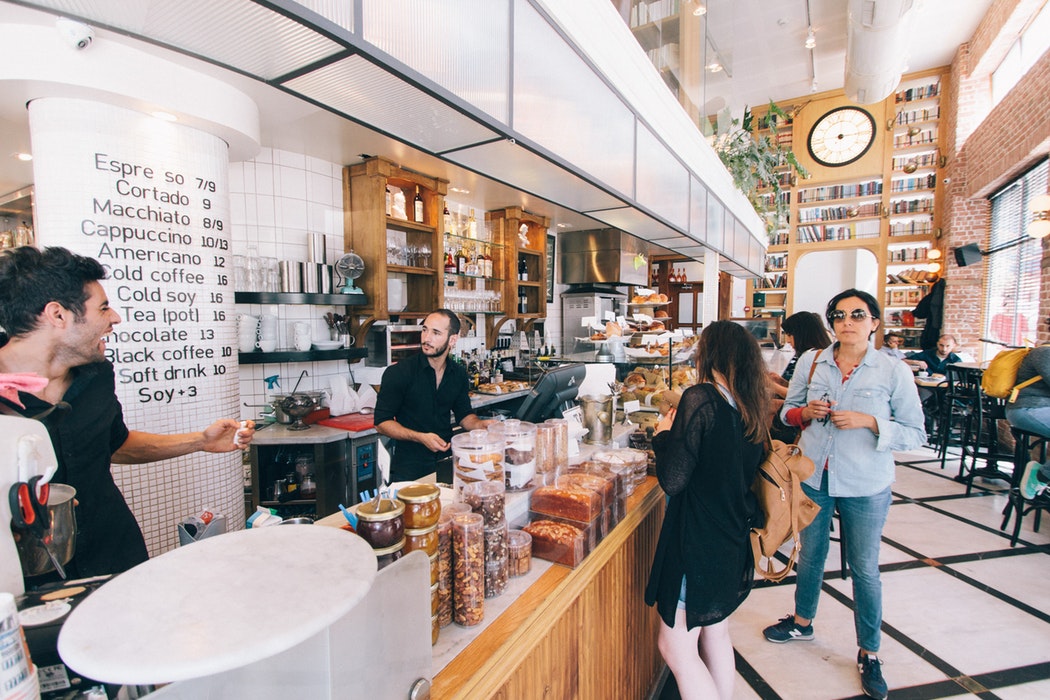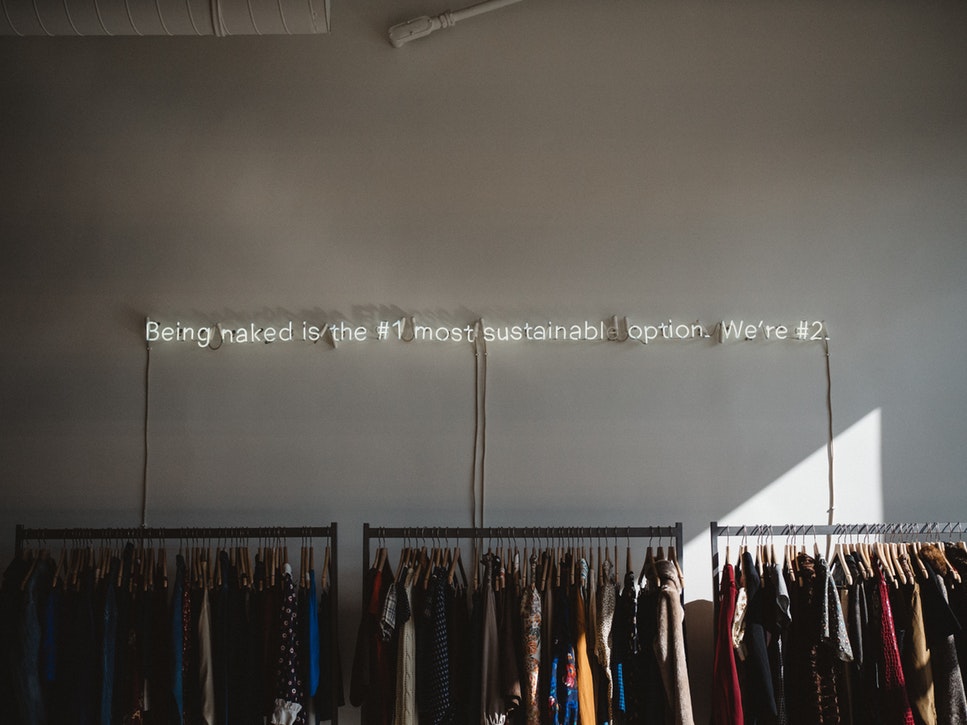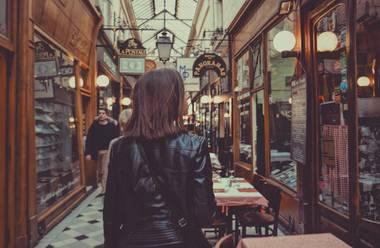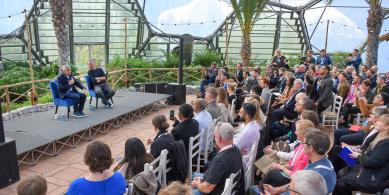I’ve spent in excess of £1500 on Amazon in the last year on orders that include the Bone Daddies cookbook, 12 gold party crowns, a joke hand buzzer and yesterday’s Prime purchase of Thor: Ragnarok; a retail tally second only to my supermarket bill.
Online and out-of-town shopping consume much of my discretionary spend, leaving only bits ’n' bobs for the High Street - hair dye, kids’ socks, parking tickets, that kind of thing. I suspect this pattern is pretty common these days.
Pundits claim the great British High Street is ‘shutting down’.
Down goes Toys ‘R’ Us.
Down goes Maplins.
On cling Mothercare, Debenhams, House of Fraser, while M&S and WHSmith stoically soldier on clipping, pruning and tinkering around the edges of their offer.
Even John Lewis has rolled back its Partnership bonus in 2018 - the lowest since 1954 - despite breaking £1bn revenue last Christmas.
It’s clear our town shopping centres are increasingly stretched: not just by rising business rates, upward-only rent reviews and festoons of red tape, which are testing even the healthiest of brick-built businesses, but also by us, a new breed of consumer, hunting out the dopamine-fuelled rewards of choice, convenience and value, the likes of which are best sourced at the swipe of a finger.

In her 2011 government review, Mary Portas observed,“We have seen a radical and profound shift in our values… We no longer value human interaction, socialising or being part of something bigger than ourselves. In fact I think we’ve lost our understanding of what true value is. Value is so much more than the price of goods that we buy.” Shopping, she argued, has become a lonely, self-centred business where once the positive human values of community, sociability, and relaxation, all thrived at the heart of town commerce.
And it is in these human values she felt the power of the High Street still lies: in providing more of the good stuff our species needs to feel fulfilled, and that we simply can’t replicate online.
Today we could do with more of this mental balm. Brits are officially back down in the dumps: “cautious, squeezed and suffering” goes one headline. Consumer confidence has dropped again and our mood is circumspect. The answer might be to open more pound shops, but in a society looking for greater mindfulness, High Street gurus would do well to revisit Portas’ vision of providing a place where “irresistible opportunities and experiences that do not exist elsewhere… meet the demands of a rapidly changing world.”
This she called the ‘New Value’: a new retail proposition based on ‘experience, service and specialism’ in tune with the needs and wants of the times.
There are already a number of prominent High Street players doing ‘New Value’. Retail brands that get our mindful mood and look to provide ingenious antidotes to the demands of modern-living; which in turn means shopping with them is always exciting; useful; different; never disappointing.
In this group we might include the likes of Lush, Wagamama, Superdrug, Decathlon, Flying Tiger. You can literally feel their energy as you walk up the High Street. And their revenues testify to boot.

Lush is, by its very smell, an experience. The 3.5 million psychedelic bath bombs it sells annually stand testament to its popularity. Staff evangelise about selling ‘fresh handmade’ wellbeing to the nation. Flying Tiger helps you kit out the happiest of kids’ parties for pounds; Decathlon is working hard to democratise, and make accessible, every type of sport, and Superdrug has become a rite of passage for beauty-conscious teens. Wagamama continues to listen and now offers a super-healthy Vegan range for under a tenner, available to eat either at the tribal bench, or delivered to the bosom of your own home by Deliveroo.
This is the High Street firing on all cylinders: feel-good propositions even the cleverest algorithm can’t deliver.
And it would appear even Jeff Bezos recognises the value of going from ‘clicks’ to ‘bricks’ and having a real, fixed presence in people’s lives. Firstly with Amazon Books popping up to celebrate the literary loves of local communities across the States, and now with Whole Foods flinging open its doors to a broader church with lower prices on organic essentials
So let’s not call this a High Street ‘shutdown’; rather let’s continue to think of it, as Mary Portas did, as a giant opportunity to revitalise our town centres and restore them to the places we love to go shopping: a treat; somewhere to meet up; to experience new stuff; an extraordinary break from the ‘finger-swiping’ norm.
And let’s celebrate them as places we love to go, just to be human, on a rainy weekend afternoon.
By Rebecca Moody, Chief Strategist & Founder at the brand intelligence consultancy, Salt of the Earth.
Newsletter
Enjoy this? Get more.
Our monthly newsletter, The Edit, curates the very best of our latest content including articles, podcasts, video.
Become a member
Not a member yet?
Now it's time for you and your team to get involved. Get access to world-class events, exclusive publications, professional development, partner discounts and the chance to grow your network.




